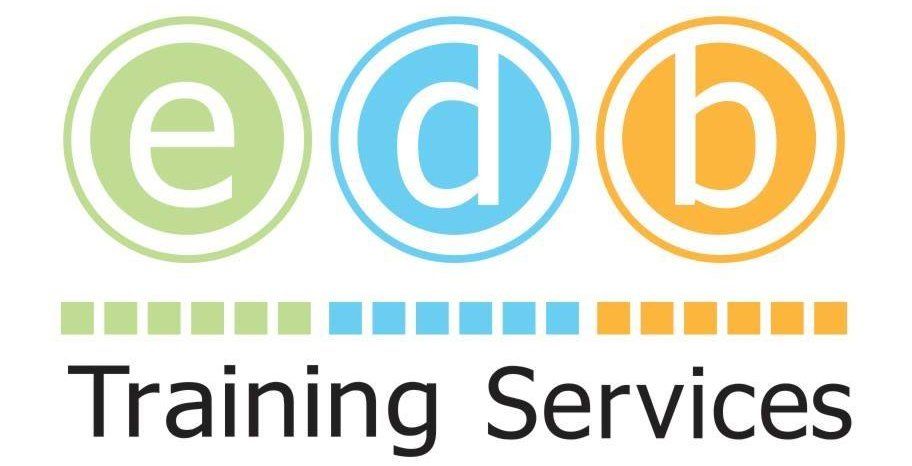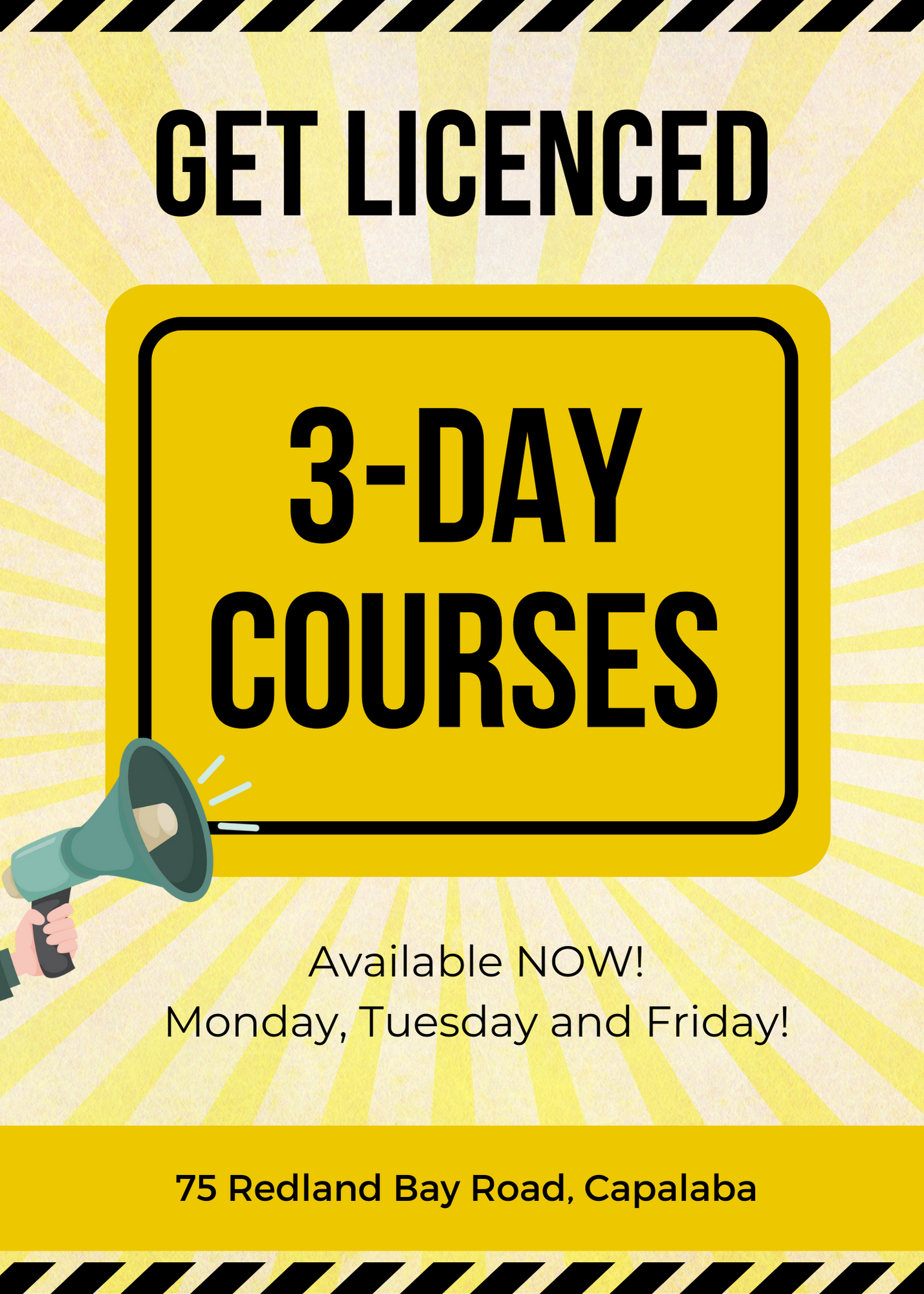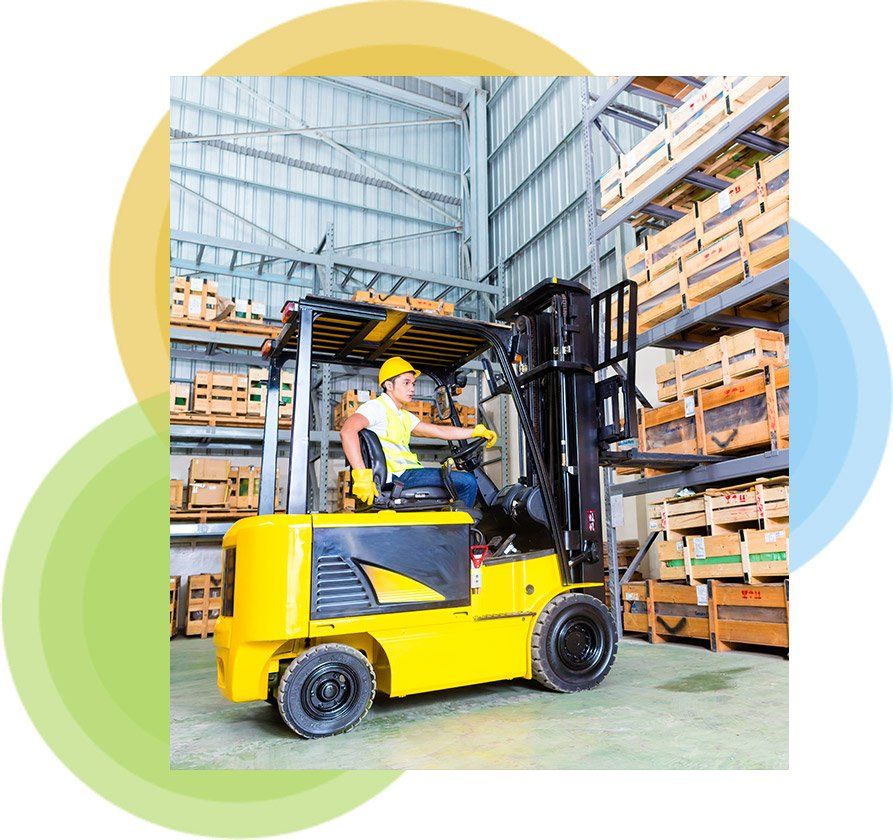LO Licence Brisbane
Book Now
Forklift Licence
What is the Law?
- Be licensed and competent to operate that particular forklift.
- Follow safe operating procedures including following the traffic management rules at your workplace.
What Type of Licence Do I Need to Operate a Forklift?
Pricing
Forklift Training & Assessment Pricing
Forklift LF: $500 per person
Order-Picker LO: $500 per person
LF + LO Combo Package: $850
Location
Unit 2/75 Redland Bay Road, Capalaba, Brisbane
EDB Training Services
for inductions, training and assessments
We can come to you
We are also available to come to your workplace for induction training & assessments.
Get In Touch
WEEKLY 3-DAY COURSE
Monday 8:30am - Induction
Tuesday 8:30am - Training
Friday 7:00am - Assessment
We cater for ALL levels of skill and experience. Contact us if you have any questions!
What Training Do I Need to Get the Licence?
Training Style
Can I Just Complete Forklift Refresher Training?
You sure can! If you hold a current forklift licence, we recommend forklift refresher training be done every 1-2 years.
EDB conducts forklift refresher training by appointment at our Capalaba training facility. We also work with companies to complete on-site refresher training in groups.
If you require a refresher course, please click on the 'Book Refresher' button below to send us a message or phone the office
After completion of the refresher training a Statement of Attendance will be issued by EDB Training Services
RTO ID: 32376
Forklift Refresher : $150 per person (Group Bookings Discounted)
Must hold a current HRWL
LO Forklift Licence Brisbane
What are the Prerequisites for an LO Licence in Brisbane?
To obtain an LO license in Queensland for operating order picking forklifts certain criteria must be met to ensure the operators safety and competency. These criteria are in place to evaluate the applicants capability to handle the responsibilities of operating a forklift in different work settings.
Age Requirement
One of the requirements for an LO licence is the applicants age. Individuals must be least 18 years old to be eligible for an LO licence. This age criterion is consistent nationwide. This goes some way to ensuring that operators have attained the necessary level of maturity to handle the risks associated with heavy machinery operation.
Proof of Identity
Applicants are also required to provide proof of identity. This typically involves submitting forms of identification that validate both identity and age. The documents provided must adhere to the standards specified by the licencing authority usually requiring a combination of photo identification and other relevant paperwork.
Language and Literacy Requirements
Another crucial condition is proficiency in reading and writing English. Since training materials and safety instructions for forklift operation are presented in English, comprehension is vital for practices. Additionally, applicants need to pass a written exam without translation assistance underscoring the significance of language skills during the licensing procedure.
Physically Capable
As part of the application process candidates are evaluated for their physical capability. For operators of LO forklifts it is essential to be physically capable of accessing and operating the forklift, which includes getting in and out of the cabin. The job demands visual acuity and hearing ability to navigate work environments safely and respond effectively to potential hazards. Any physical limitations that could jeopardise safety at work like vision or hearing impairments may result in disqualification from obtaining the license.
Training Course Requirements
Prior to applying for the licence individuals must undergo training provided by a registered training organisation (RTO) such as EDB Training Services. Their training program covers both the knowledge and practical skills needed for operating an order picking forklift (LO forklift). The theoretical aspect involves learning about how the machinery operates, following safety procedures and understanding workplace regulations. The practical component involves demonstrating proficiency in actual forklift operations by showcasing skills such as maneuvering, lifting loads and managing them under simulated working conditions.
Substance Restrictions
It is crucial that candidates abstain from consuming alcohol, illegal substances or any medications that might impair their motor functions during both training sessions and assessments. This rule is in place to ensure that all operators uphold safety measures while handling potentially hazardous machinery.
Completion of Assessments for Order Picking Forklift Operators
To successfully complete the training course applicants are required to pass both practical and theoretical assessments. These assessments aim to assess the applicants ability to safely and efficiently operate an order picking forklift in real world scenarios they may encounter during their work (FMS Training).
These assessment requirements are crucial in making sure that only individuals who are fully competent and accountable are granted licences to operate order picking forklifts. This process helps uphold safety standards and operational efficiency in workplaces throughout Queensland.
What Does LO Forklift Licence Training Involve?
The training program to obtain an LO licence in Queensland is carefully developed by EDB Training Servcies to prepare individuals for the task of operating an order picking forklift. An LO forklift stands out because its platform rises along with the load allowing operators to manually select and place goods at heights in a warehouse. Due to the risks involved in operating these machines the training is thorough covering both theoretical knowledge and practical skills to ensure that operators are fully equipped and compliant with safety regulations.
The Theoretical Component
The theoretical aspect of LO licence training is fundamental, focusing on essential elements needed for safe and efficient operation. Trainees are taught about the types of order pickers and their specific purposes, which is crucial for understanding where each type can be safely used. The curriculum extensively covers warehouse safety procedures stressing the importance of identifying hazards and managing risks to prevent incidents.
Trainees also receive education on the legal and regulatory framework overseeing forklift operations in Queensland. This includes in depth discussions on the Work Health and Safety Act, which outlines responsibilities, for both employers and employees in upholding work environments.
Understanding these rules is crucial for following guidelines and promoting a culture of prioritising safety in logistics and warehouse operations (Australian Forklift Training).
Hands on training
During this phase of the training the focus is on real world experience. Trainees get hands on practice with order picking forklifts while being supervised by instructors. This part of the course usually takes place in our specially built environment that replicates warehouse settings offering practical scenarios to enhance the learning process. Trainees practice skills like maneuvering through aisles safely lifting and lowering loads and properly positioning goods on various storage systems.
A significant part of the hands on training concentrates on mastering the forklifts control systems, including raising and lowering the operators platform—a unique feature of LO class forklifts. Furthermore operators learn about conducting maintenance checks to ensure efficient and safe operation of the machinery. This involves inspecting systems, brakes, steering components and emergency controls.
Evaluation and Certification
To acquire an LO licence trainees must successfully complete both practical assessments. The theoretical assessment typically consists of a written test that covers all topics discussed during training ranging from safety protocols to obligations.
The hands on evaluation assesses the trainees capability to safely and effectively handle the forklift, including their proficiency in performing the tasks and maneuvers they have practiced during training sessions.
Upon completion of these evaluations trainees receive an LO licence affirming their qualification as certified order picker forklift operators. This license is essential for meeting legal requirements and also for ensuring that operators have the essential skills to contribute to a secure and productive work environment.
Continuous Learning and Refreshment Programs
Following the acquisition of their licence operators are advised to engage in refresher courses. These courses play a role in keeping abreast of the latest safety regulations and protocols and are one of the courses offered by EDB Training Services. They also assist operators in maintaining their skills after periods of inactivity in using such equipment.
In essence the rigorous and comprehensive LO license training in Queensland mirrors the stringent standards necessary for operating potentially risky machinery. It provides individuals with the required skills for their positions and fosters a culture of safety and compliance within the sector.
Final Thoughts and Continuing Education
The evaluation process for obtaining an LO license in Queensland is intentionally rigorous to ensure that all licensed drivers adhere to the industrys standards where forklifts play a crucial role. For drivers successfully completing the LO license evaluation isn't only about obtaining certification; it's about demonstrating their ability to operate intricate machinery safely and effectively. Moreover it is advisable for operators to engage in learning and periodic refresher courses to stay updated on the latest safety protocols and technological advancements in forklift operations. This continuous learning promotes the maintenance of safety standards while also supporting career growth, within the logistics and warehousing industries.
Don't forget, both LF and LO forklift lenences can be completed as part of our Certificate 3 in Supply Chain Operations
Top 5 Questions about Forklift Licence Training in Port of Brisbane
Q1: What are the eligibility requirements for forklift license training in Port of Brisbane?
A1: To be eligible for forklift license training in Brisbane, you must be at least 18 years old, possess a valid form of identification, and be physically capable of operating a forklift. Additionally, you need to complete a formal training program with a registered training organisation (RTO) such as EDB Training Servcies, the leading Forklift Training Organisation in the Redlands.
Q2: How long does the forklift license training course take in Port of Brisbane?
A2: The duration of forklift license training in Brisbane varies based on factors such as your prior experience and the training program. On average, it can range from one to five days, combining both theoretical and practical components to ensure comprehensive learning. EDB Training Services offer up to a 3 day forklift training course
Q3: What does the forklift license training course cover?
A3: Forklift license training in Brisbane covers a range of topics, including safety regulations, forklift operation principles, load handling, and emergency procedures. The training involves both classroom sessions and hands-on practical experience to equip participants with the necessary skills and knowledge.
Q4: Can I get forklift license training on weekends or evenings in Port of BrisbaneBrisbane?
A4: EDB Training Services offer flexible schedules to accommodate individuals with varying work commitments. It's advisable to check with us for specific course timings.
Q5: How much does forklift license training cost in Brisbane?
A5: Forklift license training costs in Brisbane can vary depending on the training provider and the specific course. On average, you can expect to invest a few hundred dollars in your training. It's recommended to inquire about fees, as some providers may include assessment and certification costs in the overall package.







